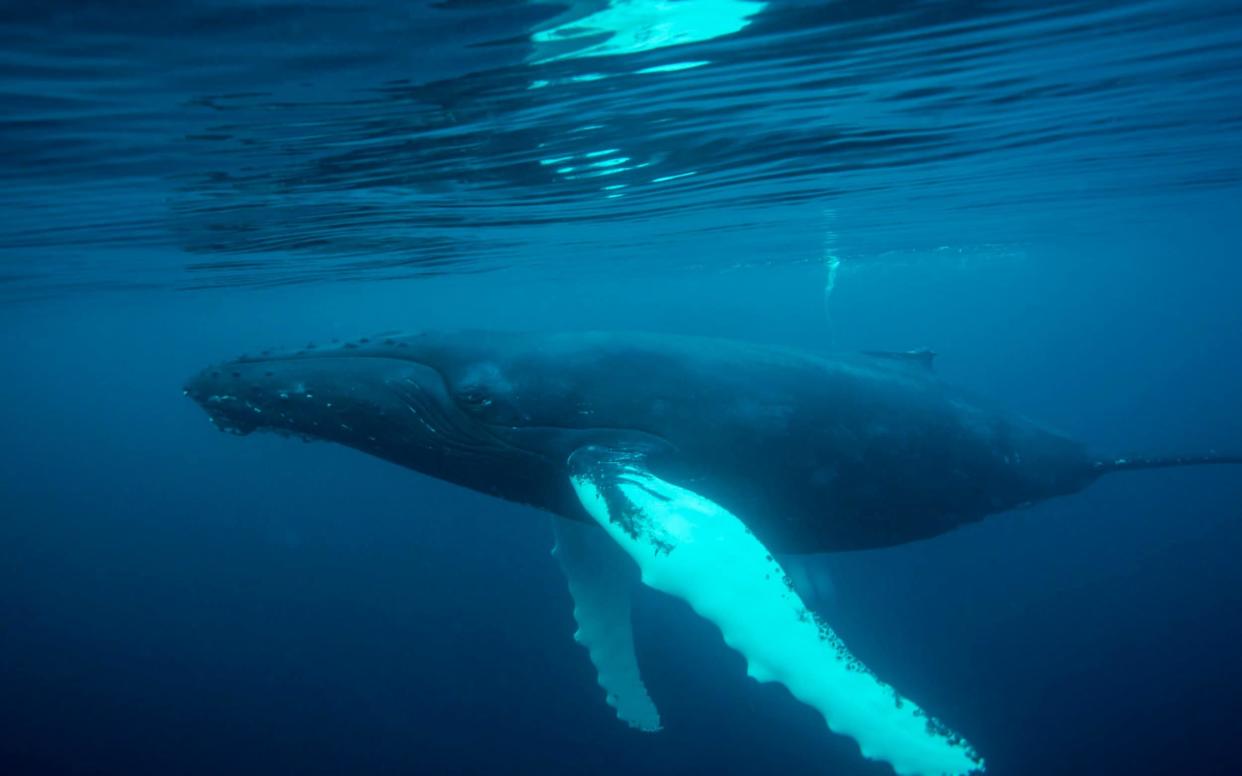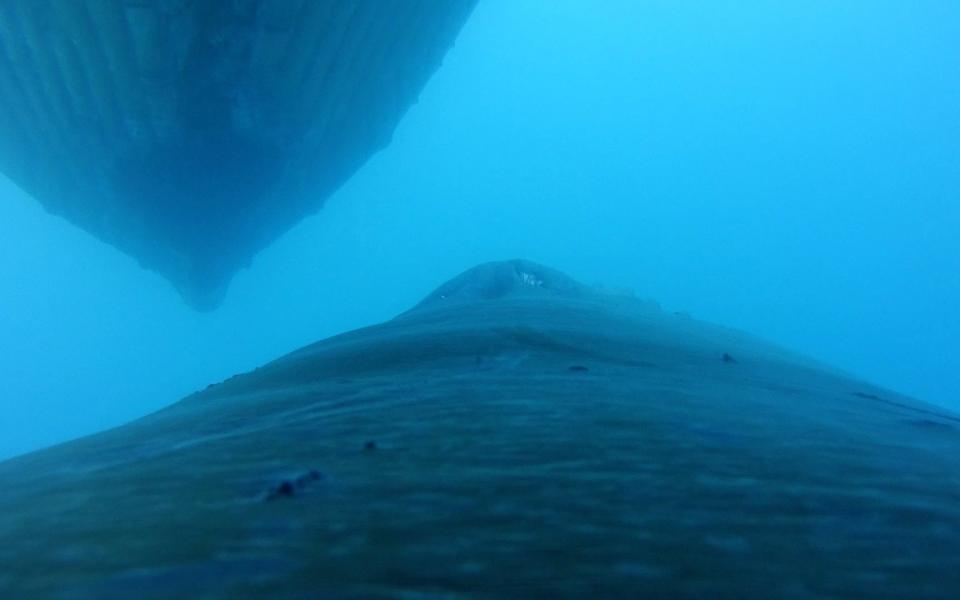Whales 'whisper' to evade predators

Humpback whales are renown for their loud, haunting songs, but new research has discovered the huge marine mammals are able to “whisper” as well.
Scientists found that baby humpbacks avoid the attention of predators while communicating with their mothers by using intimate grunts and squeaks.
The quiet noises enable the young to keep track of their parents during long and precarious migrations without being overheard by killer whales and sexually aggressive male humpbacks looking for an opportunity to mate.
We heard a lot of rubbing sounds, like two balloons being rubbed together
Dr Simone Videsen, University of Aarhus, Denmark
Researchers collected their groundbreaking data by directly attaching microphones via suction caps to whales that were swimming near Australia.
They say the discovery of the quieter noises the animals use to communicate emphasises the danger posed by the sound from shipping.
Dr Simone Videsen, from the University of Aarhus in Denmark, who led the research in Exmouth Gulf, Western Australia, said: "We heard a lot of rubbing sounds, like two balloons being rubbed together, which we think was the calf nudging its mother when it wants to nurse.”
The data tags showed that the quiet calls usually occurred while whales were swimming, suggesting they help mother and calf keep together in murky waters.

Humpbacks spend their summer in the food-rich waters of the Antarctic or Arctic, and in the winter swim to the tropics to breed.
While in tropical waters calves must gain as much weight as possible to embark on their first long migration.
“This migration is very demanding for young calves,” said Dr Videsen.
“They travel 5,000 miles across open water in rough seas and with strong winds.
“Knowing more about their suckling will help us understand what could disrupt this critical behaviour, so we can target conservation efforts more effectively.”
The study was published in the journal Functional Ecology.

 Yahoo News
Yahoo News 
